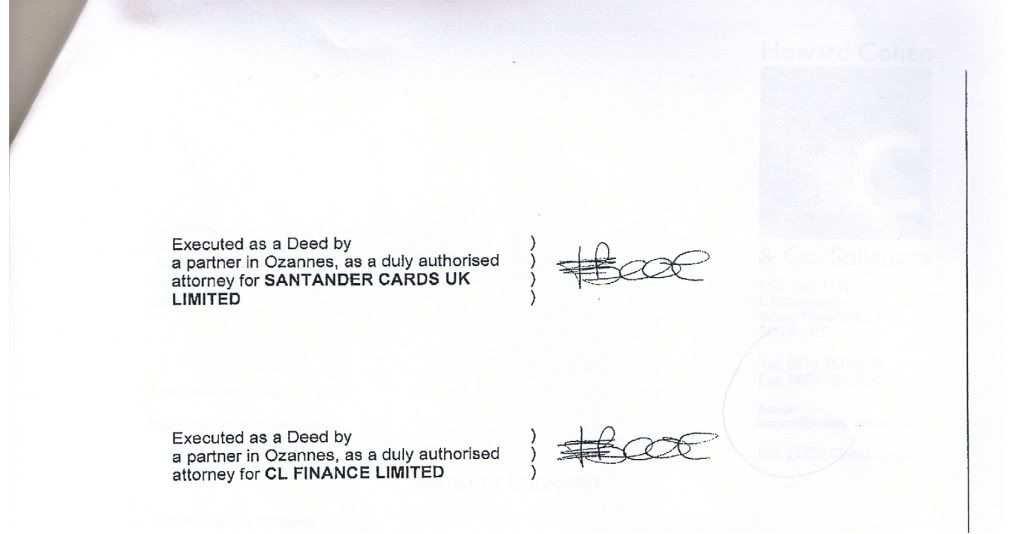Re: Another court case - hearing on the 24th August..HELP!
Thanks for looking in PT. I'll have a look at the bulk centre rules. I think I understand where you are coming from on this. I need to check the POC & check whether as you say, it provide a concise statement of facts.
Thanks again.
Thanks for looking in PT. I'll have a look at the bulk centre rules. I think I understand where you are coming from on this. I need to check the POC & check whether as you say, it provide a concise statement of facts.
Thanks again.




 but nevertheless I will endeavour to understand. I was in need of things to dissect para 6 of their WS & you've just given it ..god bless you..
but nevertheless I will endeavour to understand. I was in need of things to dissect para 6 of their WS & you've just given it ..god bless you..





Comment